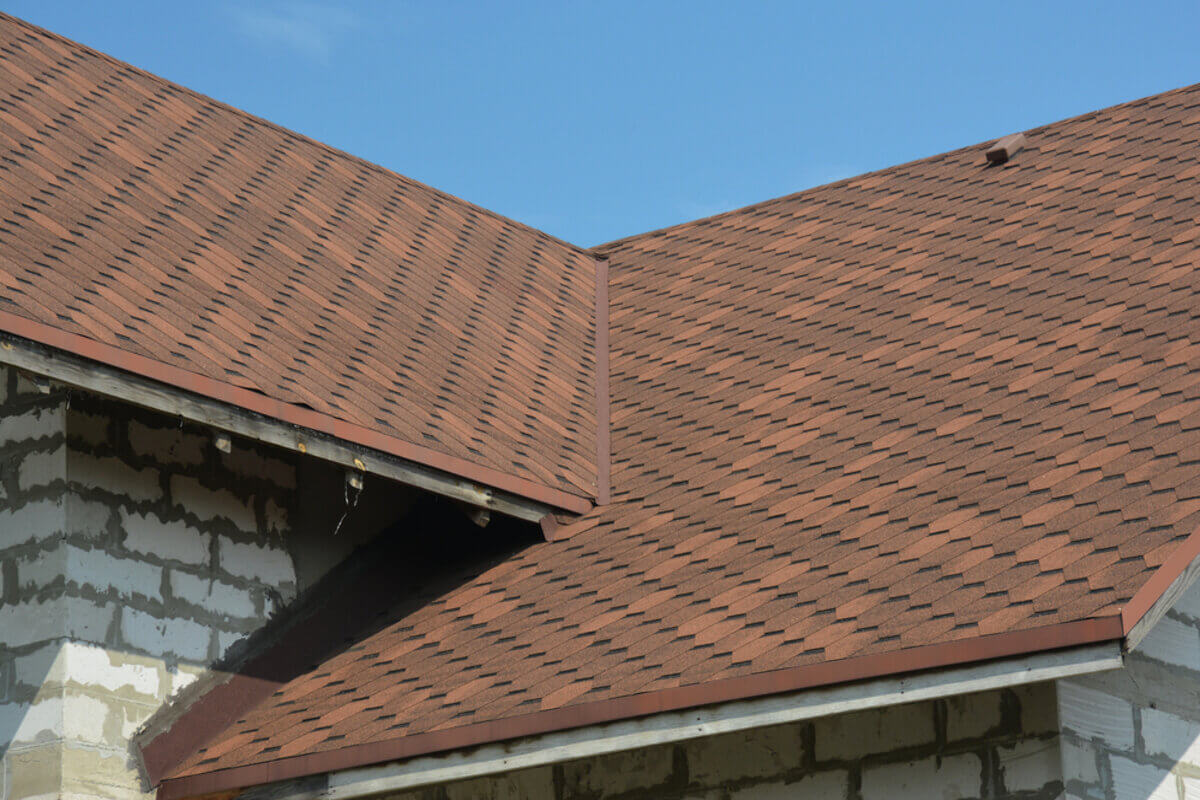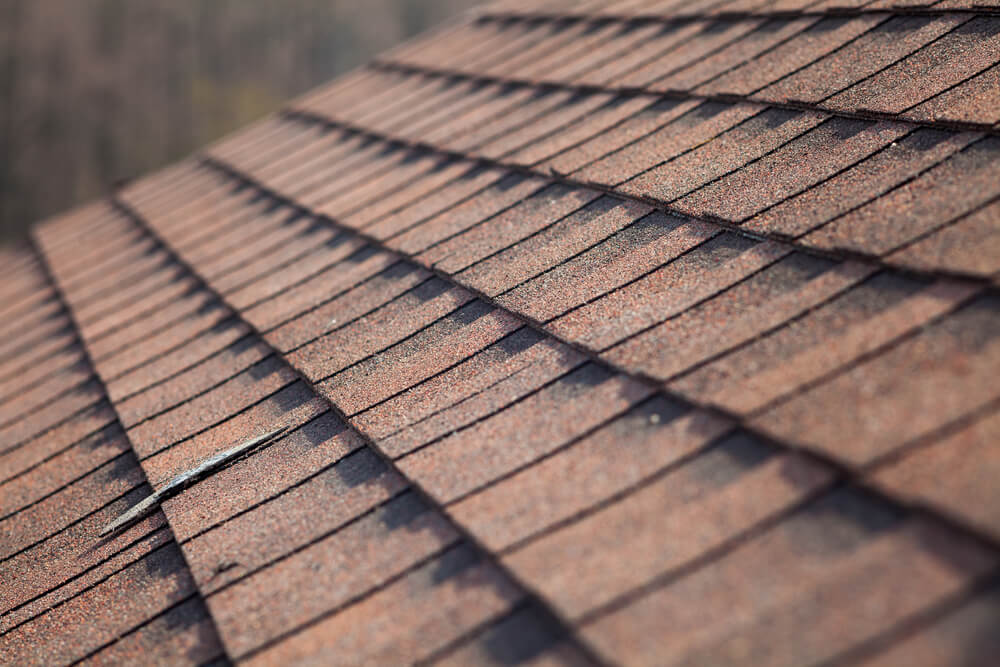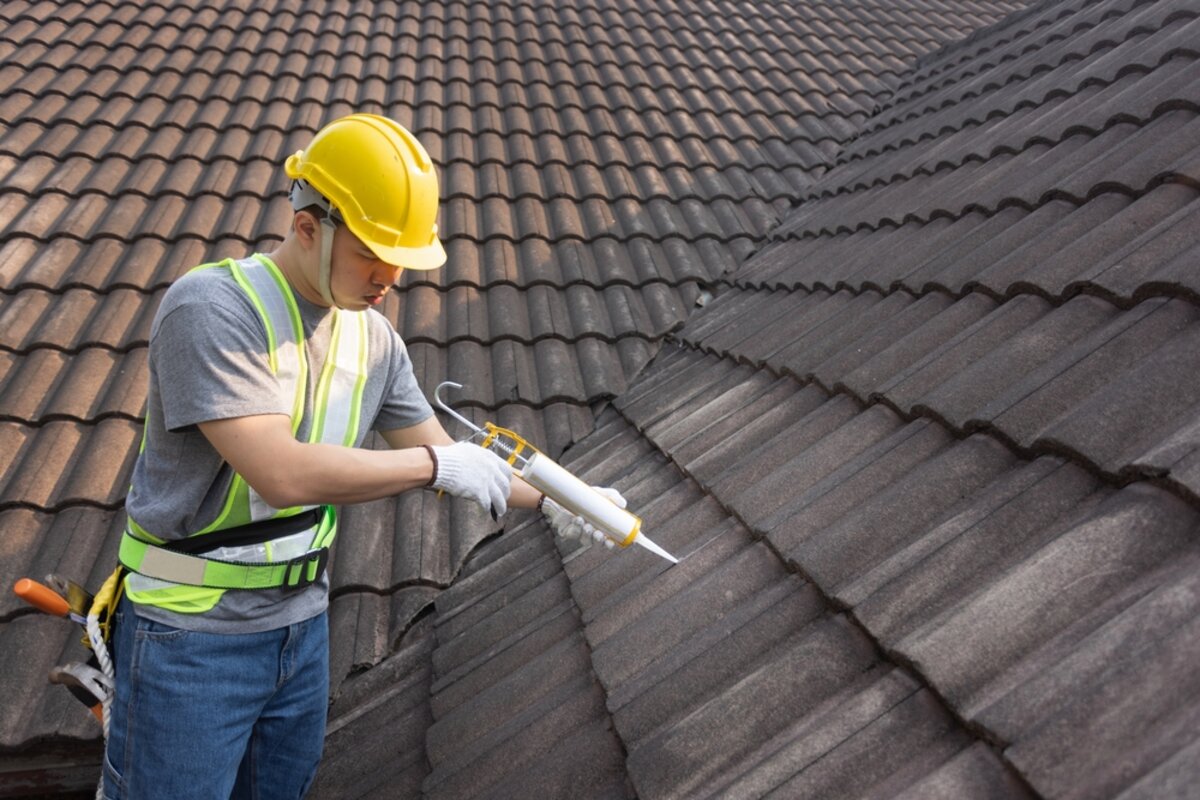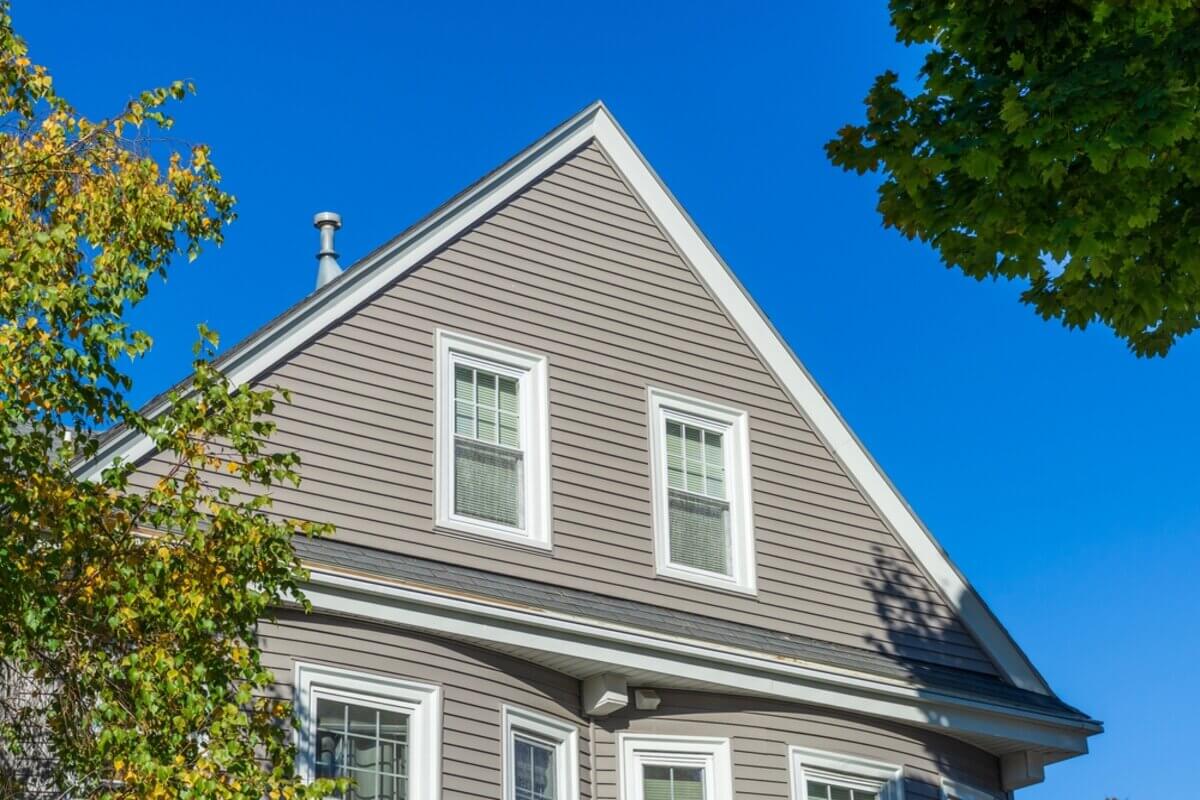When selecting materials for a roof, one must consider their performance against extreme weather conditions. Among the popular choices, asphalt shingles are known for their cost-effectiveness and durability. In this article, we’ll explore how these shingles perform when faced with the fury of extreme weather, examining their resilience and what homeowners can expect in terms of protection compared to other roofing options.
Understanding the Composition of Asphalt Shingles
Asphalt shingles are composed of a fiberglass or organic mat, coated with asphalt and topped with granules that provide color and reflect UV rays. This layered structure plays a pivotal role in their ability to withstand harsh conditions.
Advancements in manufacturing have led to shingles that are more resistant to wind uplift and thermal cracking, which enhances their performance during severe weather events.
Asphalt Shingles and Their Weather-Resistant Features
Protection Against High Winds
Quality asphalt shingles can withstand high winds, with some lines rated for winds up to 130 mph. Their adhesive strips help in maintaining integrity during storms, reducing the risk of shingles being torn off.
Hail Impact Resistance
Manufacturers have designed asphalt shingles with impact resistance in mind, allowing them to absorb the energy from hailstones without sustaining significant damage.
How Do Asphalt Shingles Perform Against Extreme Weather Conditions?
Endurance During the Winter Months
In regions where the winter brings freezing temperatures and ice, asphalt shingles remain flexible and resistant to cracking. Their granular surface also helps in shedding snow and ice, preventing damage from the freeze-thaw cycles.
Surviving the Summer Heat
Asphalt shingles are engineered to reflect solar heat, minimizing the effect of high temperatures on the roof. This thermal resistance helps to prevent warping and degradation during hot weather spells.
Longevity and Maintenance of Asphalt Shingle in Severe Climates
Expected Lifespan Under Stressful Conditions
With proper installation and maintenance, these shingles can last between 20 to 30 years, even in areas prone to severe weather. Regular inspections and timely repairs can extend this lifespan further.
The Role of Maintenance in Weatherproofing
Periodic maintenance is crucial in preserving the protective qualities of the shingles. Homeowners should keep an eye out for damaged or missing shingles, especially after a heavy storm, to maintain the roof’s integrity.
Conclusion
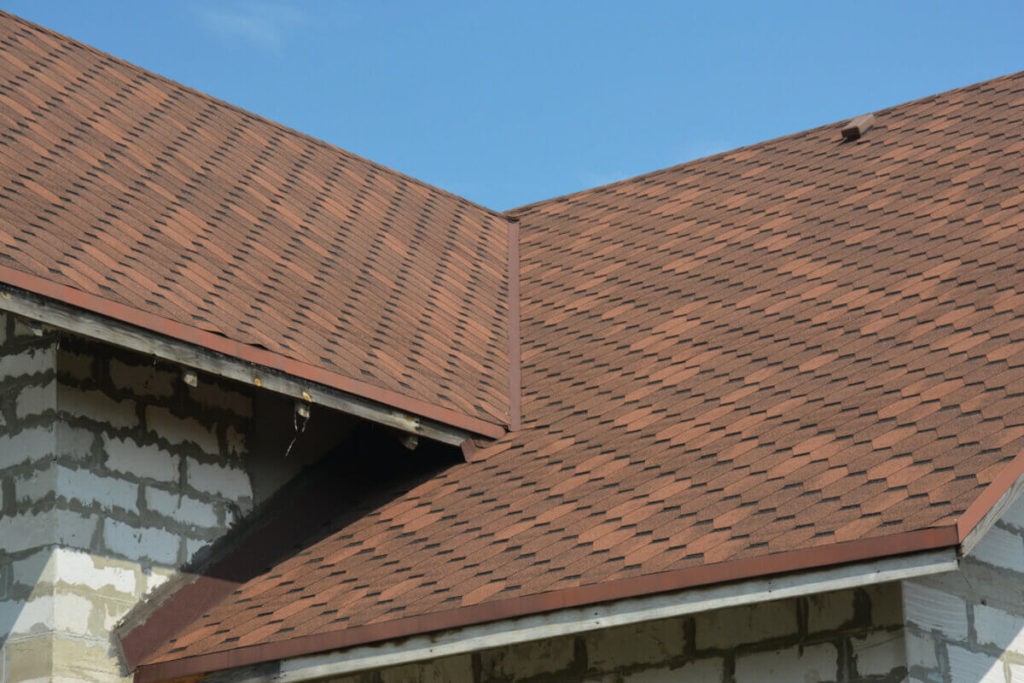
The performance of asphalt shingles against extreme weather is commendable. They stand as a testament to modern engineering, providing a roofing solution that is both economical and resilient. If you’re considering asphalt shingles for your home or have any questions, don’t hesitate to contact Perfect Exteriors today for more information and assistance.

